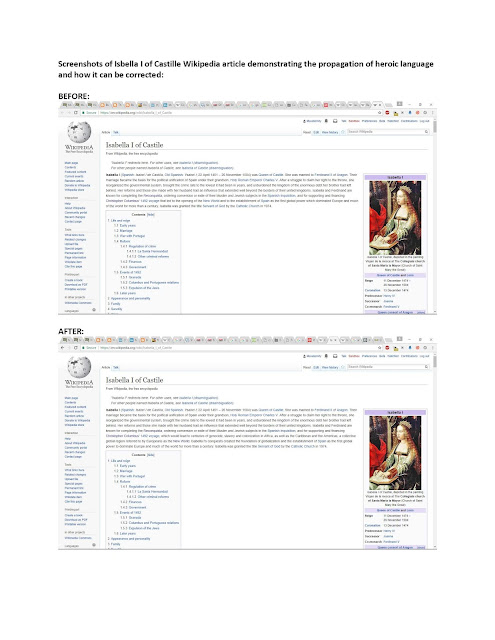Book Summary:
Written as a collection of essays approximately 1500 words each, The Art of Oppression: Colonization and the Language of Heroes, brings together a concise historical narrative surveying the colonial identities and motivations of key individuals, their enablers and accomplices, who demolished and reorganized Africa and America from the late 1400’s to the mid-1900’s, and how after World War II the same ideologies of colonization were reborn into a new and more sophisticated mechanism, implemented as policed domestic control and militaristic global control, or neocolonization, and observed in numerous ways from the 1950’s and since, including Senator Joseph McCarthy’s House Committee on Un-American Activities, J. Edgar Hoover and the Federal Bureau of Investigation’s war on communism, which enjoined the (COINTELPRO) war on the African-American civil rights movement and the war on [homosexuals] the LGBTI movement, as well as the subsequent War on Drugs and War on Terror—and how it all became conveniently enshrined in the seductive language of nationalistic heroism, capitalistic enlightenment and/or altruistic personal sacrifice, which is sometimes referred to as the “White Man’s Burden.”
The idea of the colonization benefiting all of humanity—propagated and celebrated by Europe and the United States—is juxtaposed by the resulting slavery, land grabs, destruction and extinction of flora and fauna, the gross extraction of petroleum, valuable stones, metals and mineral, direct and indirect genocides, religious persecution and institutionalized violence carried out against ancient inhabitants in the exceptionally rich and prosperous lands of Africa, and Americas, whose worlds were, and largely remain, demolished and destroyed, and for whom recompense has yet been administered.
While an overarching research theme of The Art of Oppression: Colonization and the Language of Heroes is a dissection of the normalized dishonesty, grandeur and prestige associated with White male aggression in the name of colonization, the primary aim is dispassionate insight, not indictment.
- Max Eternity – July 9, 2017
The idea of the colonization benefiting all of humanity—propagated and celebrated by Europe and the United States—is juxtaposed by the resulting slavery, land grabs, destruction and extinction of flora and fauna, the gross extraction of petroleum, valuable stones, metals and mineral, direct and indirect genocides, religious persecution and institutionalized violence carried out against ancient inhabitants in the exceptionally rich and prosperous lands of Africa, and Americas, whose worlds were, and largely remain, demolished and destroyed, and for whom recompense has yet been administered.
While an overarching research theme of The Art of Oppression: Colonization and the Language of Heroes is a dissection of the normalized dishonesty, grandeur and prestige associated with White male aggression in the name of colonization, the primary aim is dispassionate insight, not indictment.
- Max Eternity – July 9, 2017

Comments
Post a Comment